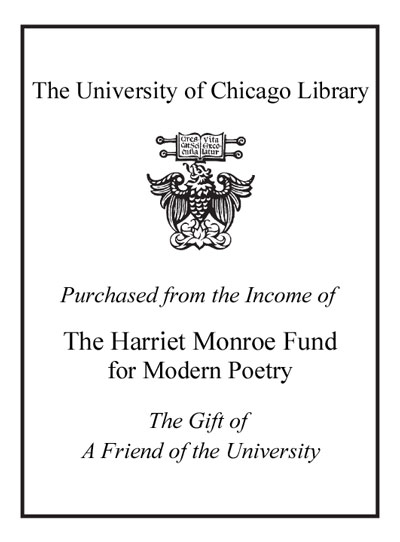Review by Publisher's Weekly Review
In his lyrical debut, Banias looks into corners of human existence often left unconsidered, acting as a Virgil to the reader's Dante while calmly and surely traversing uncertain spaces. He finds extraordinary commonalities among these spaces, akin to how one finds in almost any kitchen a "large plastic bag/ with slightly smaller mashed-together/ plastic bags inside it." Though Banias's poems are ever skeptical of static identity, gender, and privilege, he writes with a certainty of voice that inspires trust even as the locations of the poems stretch from the liminal to ignorable: cruising spaces, restrooms, a polluted lake, a surgical room for a double mastectomy. Memories of childhood and family are neither saturated with nostalgia nor mined for their traumas, but rather reexamined for renewed context from the perspective of a very different adult seeking to discover something new in them. Signifiers such as names are seen as incomplete: "Mostly a name feels like the crappy overhang I huddle under/ while the rain skims the front of me." There's a meditation on pockets-"dreams of negative/ space"-which by the end of the poem come to mean something like the freedom to keep personal secrets. Banias ends his fine book with an appeal: "Do we, ought we/ to care? For one another, yes." (Oct.) © Copyright PWxyz, LLC. All rights reserved.
(c) Copyright PWxyz, LLC. All rights reserved
Review by Publisher's Weekly Review

